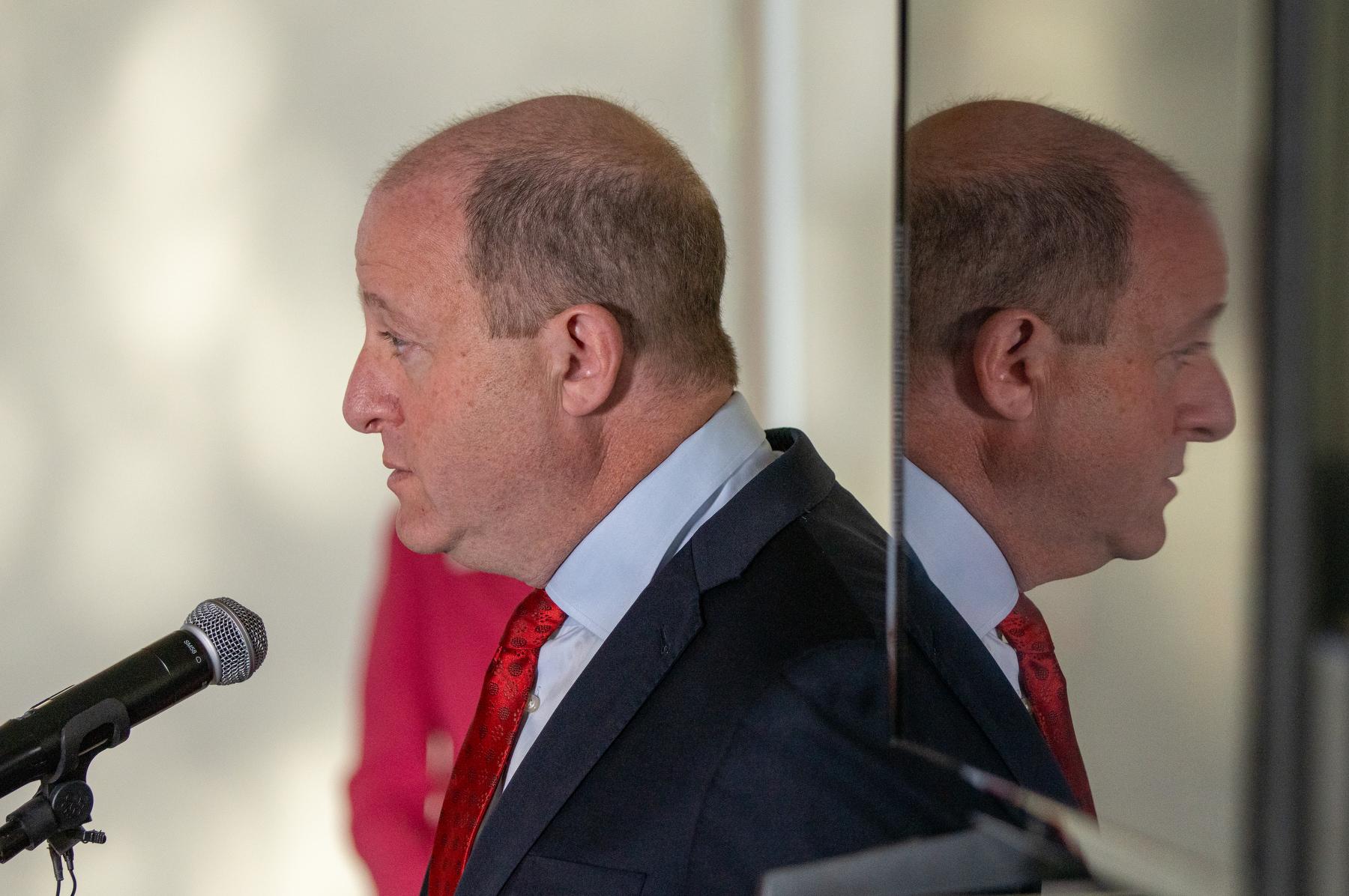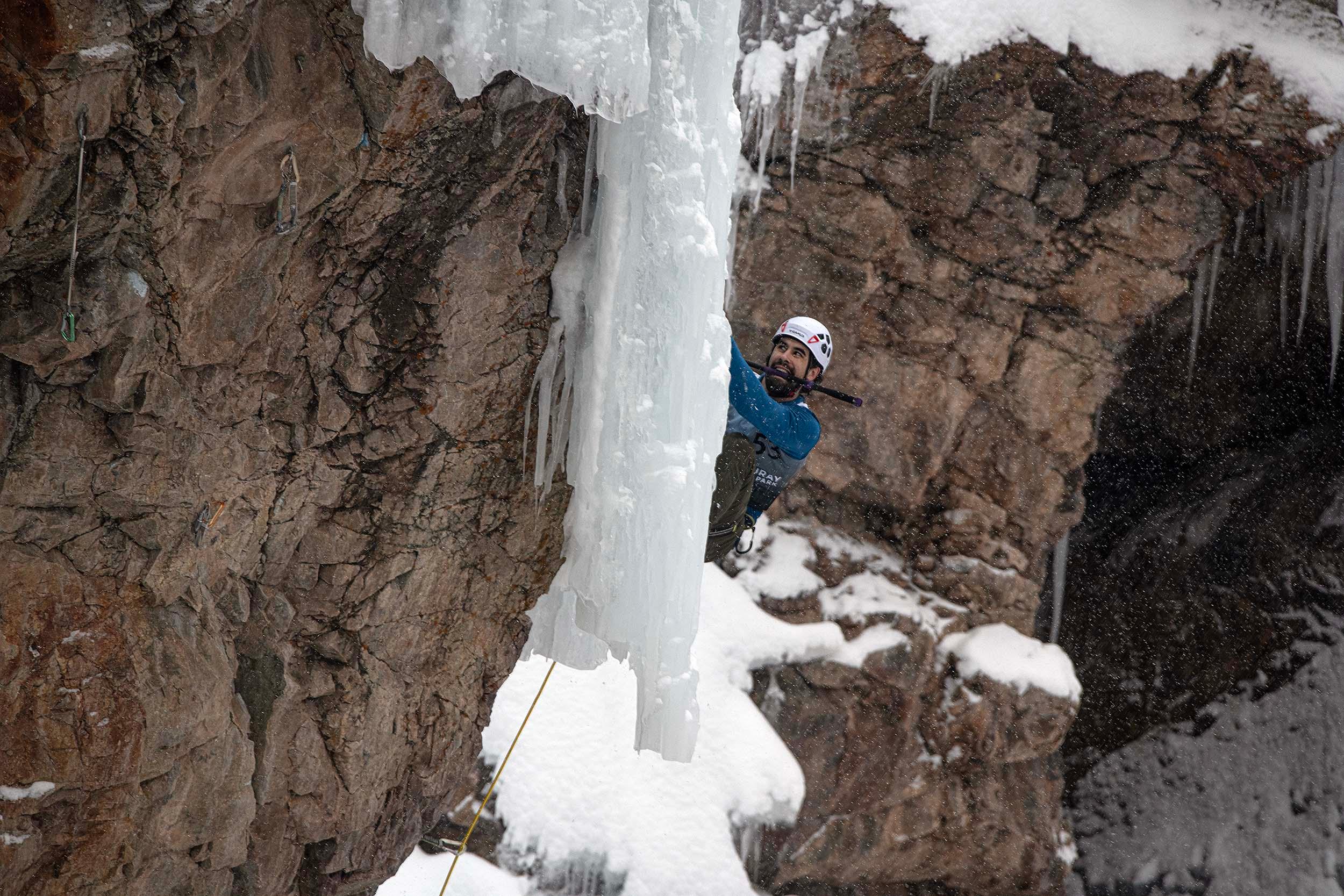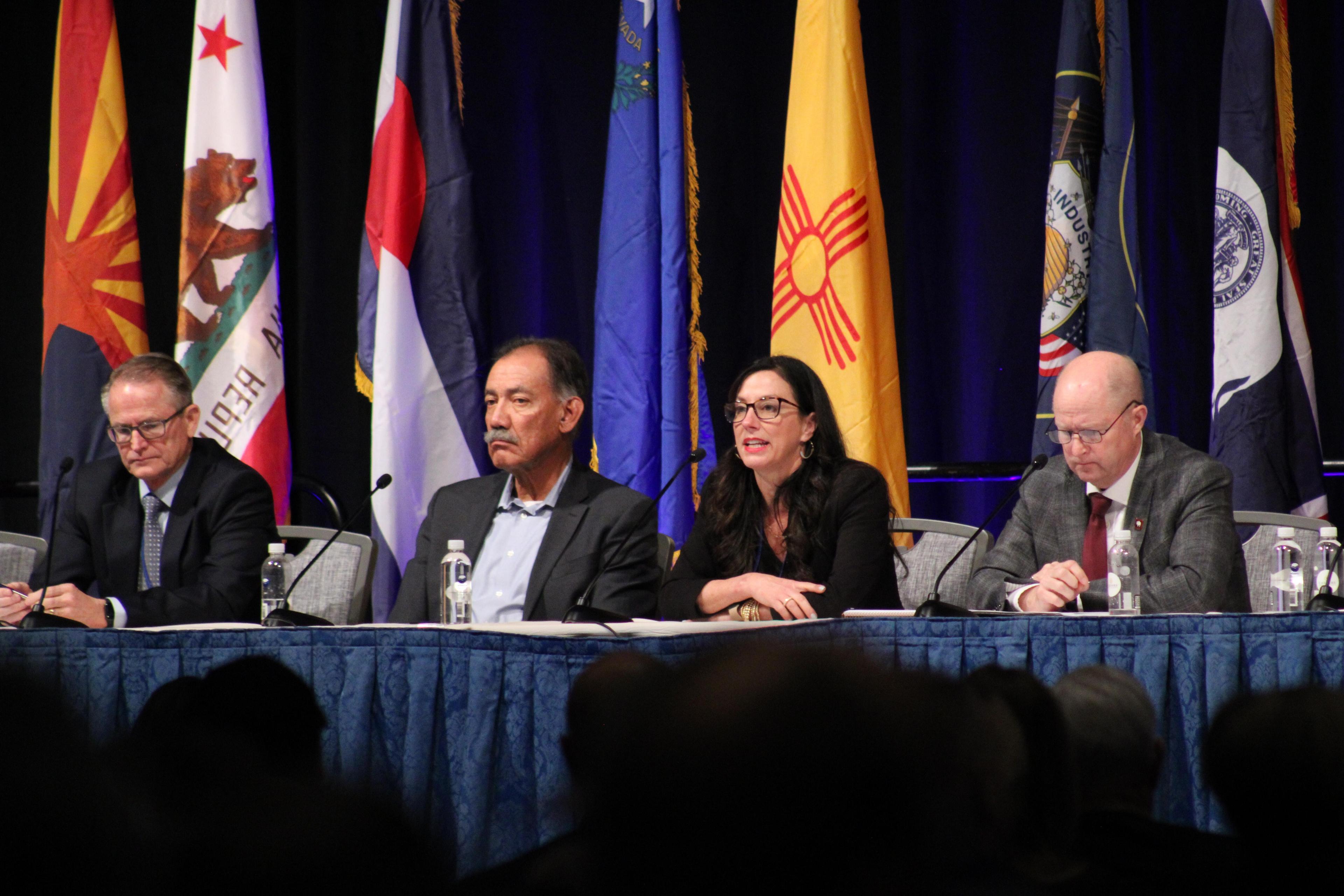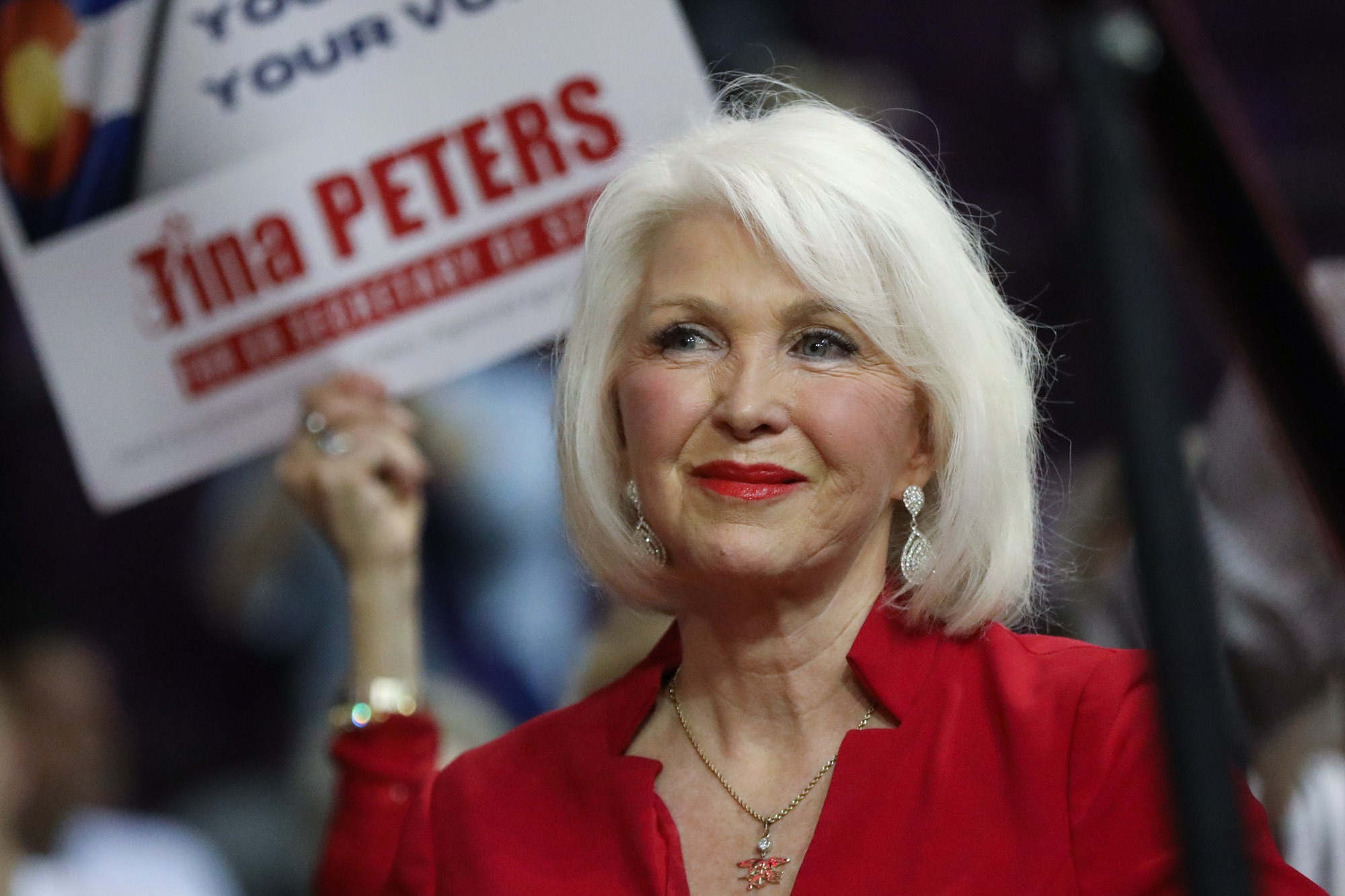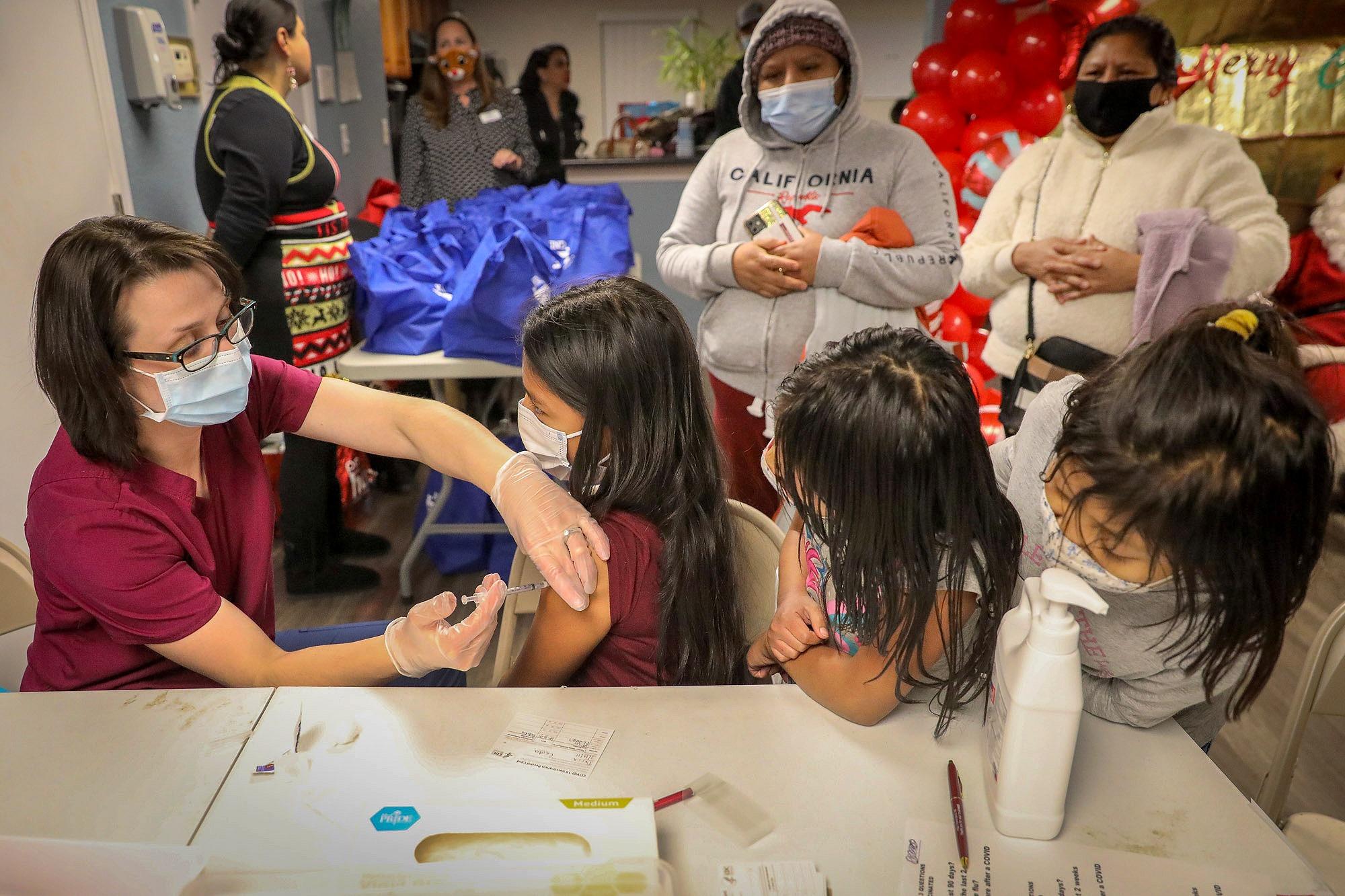
Nearly three-in-four Coloradans think Congress should extend expiring federal health insurance tax credits.
That's according to a new survey of 622 registered Democrats, Republicans and Unaffiliated voters by the Colorado Polling Institute from Nov. 1-5, 2025, that asked about views on health care as well as many other topics.
The support for continuing the health care subsidies mirrors national polling.
In September, Democrats in Congress shut down the federal government to try to force Republicans to extend the credits, which help people buy insurance through state marketplaces, like Connect for Health Colorado. The shutdown ended without that happening; most Congressional Republicans, who are in the majority, oppose an extension.
A bipartisan group in the House has been trying to win support for a proposal to extend the credits for two years. Colorado Republican Rep. Jeff Hurd is part of that effort.
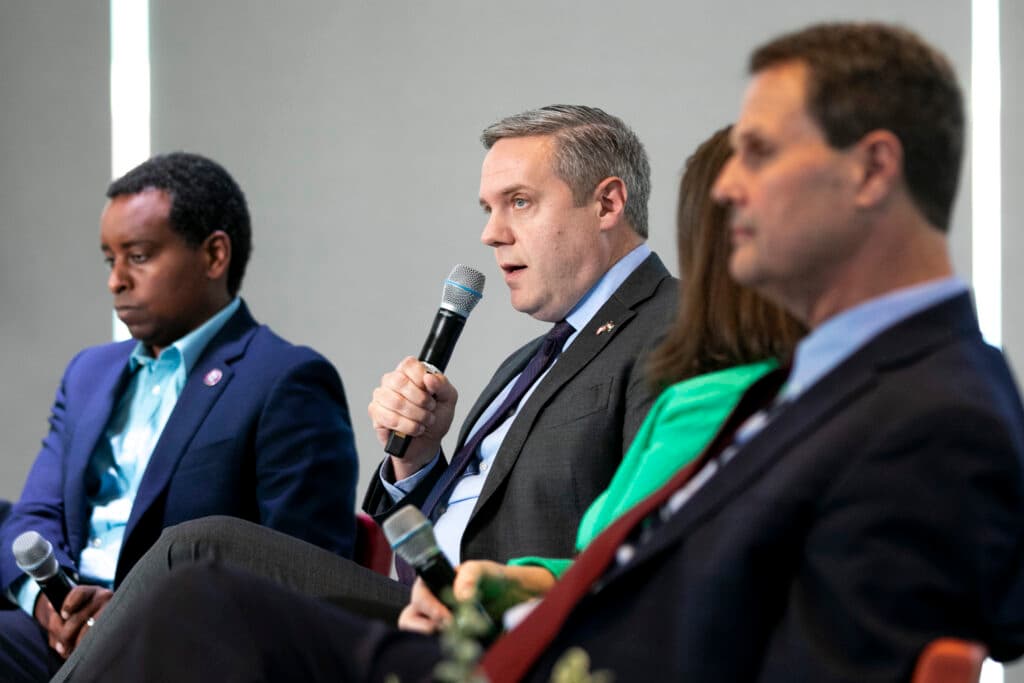
The poll found 9-in-10 Democratic voters support extending the subsidies, while independents support the idea 7 to 1. While support was lower among Colorado Republicans, nearly half of them also back the idea.
Sixty-three percent of those polled say the cost of health insurance in Colorado is a crisis or a major problem.
The poll also asked about vaccines, at a time when the federal health system is being led by one of the loudest critics of their safety.
More than four-in-five Coloradans support vaccine mandates for children attending public schools, with two-thirds expressing strong support for the policy. The level of overall support is virtually the same between parents and non-parents.
Those views mirror Colorado’s actual school vaccination rates, according to Republican pollster Lori Weigel of New Bridge Strategy, who was part of the bipartisan team that conducted the survey.
“There is real data on who gets their kids vaccinated, and it is the vast majority of children that are still being vaccinated despite this big conversation out there. This may be one where hard data might be more telling over time,” she said.
Since 2019, vaccine rates for measles, mumps and rubella (MMR) for all students (K-12) dropped from 95% in the 2019-2020 school year to 93.6% in the 2023-2024 school year, according to Immunize Colorado. The group calls this “a concerning downward trend.” For kindergartners, the rates fell from 91% to 88% in that same period. This rate is far below the 95% threshold needed to prevent an outbreak. The group calls it especially concerning since measles outbreaks have been occurring across the country.
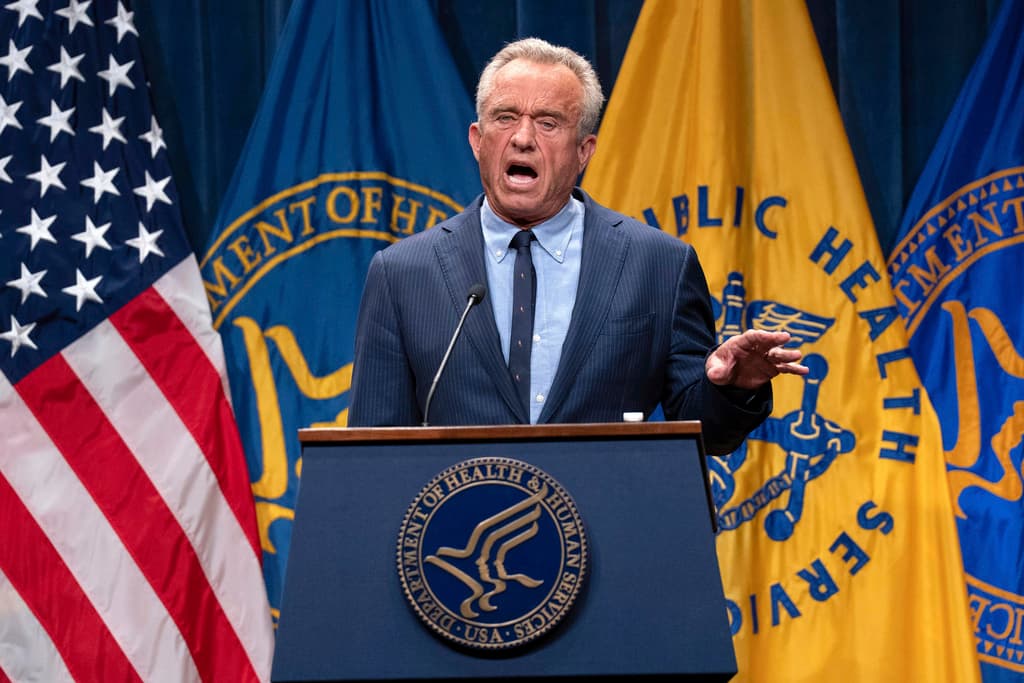
The poll also asked about Coloradans' views of Robert F. Kennedy Jr., the Trump administration's Health and Human Services Secretary, who is a prominent vaccine skeptic and a highly polarizing figure.
Fifty-five percent of those surveyed hold unfavorable views of Kennedy, with 47 percent having a very unfavorable view. Thirty-eight percent view him favorably, with about half of that group saying they feel very favorable toward him. Only seven percent had no opinion.
The poll from New Bridge Strategy and Aspect Strategic was conducted online and offered in both English and Spanish. The margin of error is + 3.93 percent for the overall sample and +6.38 percent for the Hispanic oversample.
Coloradans gloomy about the nation’s politics
The poll also highlighted larger political trends and concerns, and found that Colorado voters are pessimistic about the state of the country and fearful for its future.
Only three percent of those surveyed said the country’s political situation is in good shape. While two-thirds said they expect political violence to worsen in the next few years, which was much higher than what polls have found nationally.
The pollsters attributed that difference largely to the state’s political leanings. Democratic pollster Kevin Ingham with Aspect Strategic said Democrats in the survey were the most concerned about the potential for increasing political violence.
“Almost three-quarters of Democrats said that they thought it was going to worsen,” he said, noting that while a majority of Republicans hold the same view, it’s by a much smaller margin; “there was a 20-point gap there.”
One place where the negativity is more evenly spread is in how Colorado voters view both major political parties; unfavorable ratings for both the Republican and Democratic parties hover just under 60 percent.
Half the people surveyed said a more moderate third party is needed to give voters a middle-of-the-road option.
However, despite dire feelings about politics overall, 60 percent of the people polled said they continue to seek out political news, while only 8 percent said they actively try to avoid it. But a majority also said it's not easy to find unbiased news about what's happening in politics.

